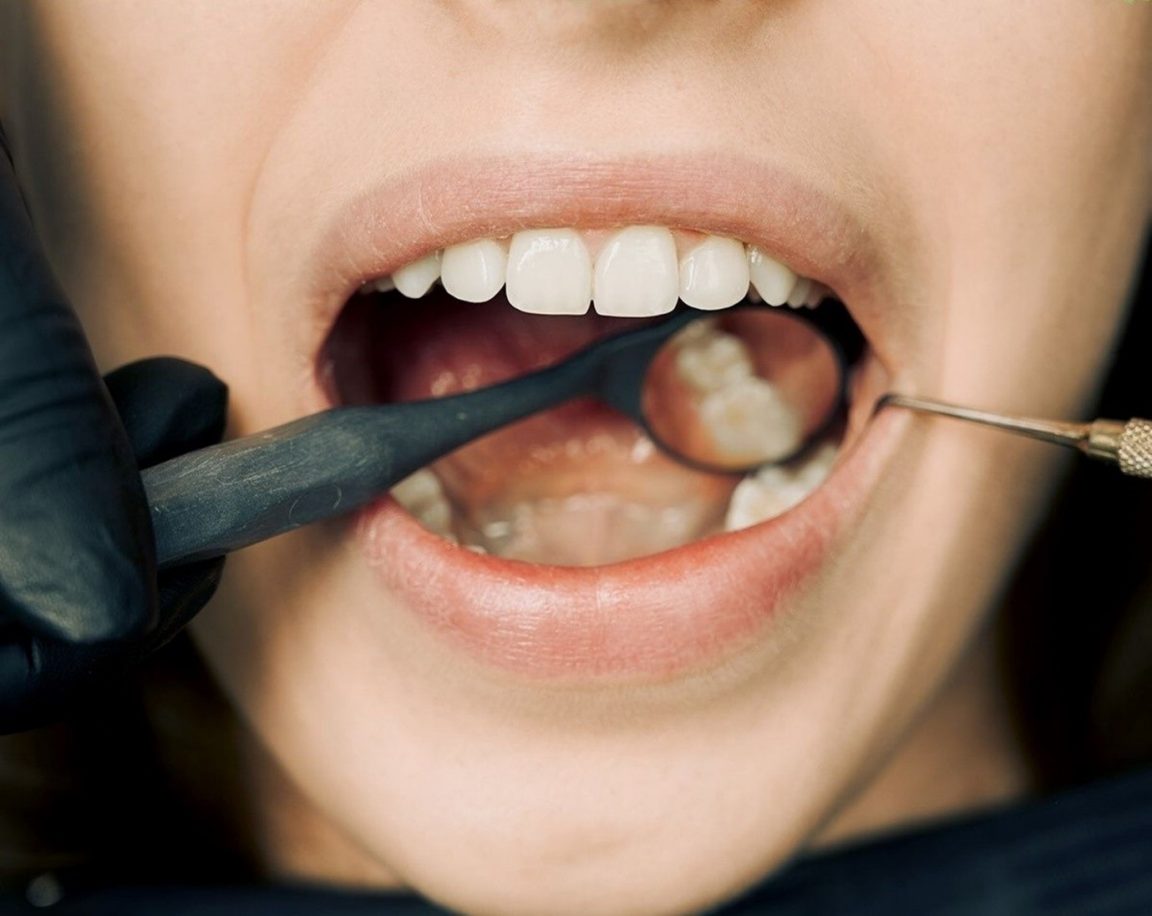Car accidents are a reality that many people face every year, with over 6 million accidents recorded in the United States annually. These accidents often lead to numerous injuries and, in some cases, fatalities. One particularly common but frequently overlooked consequence of car crashes is dental injuries.
Whether sustained in an accident, a sports injury, or due to dental malpractice, understanding your legal rights and the compensation you may be entitled to is essential. Here is a guide on handling dental injuries from a car crash and what steps you should take to protect your rights.
The Anatomy of a Dental Injury
To understand how dental injuries can arise from a car accident, it’s essential to recognize the anatomy of a tooth. Our teeth comprise three main components:
- Enamel – the hard, outermost layer of the tooth
- Dentin – the softer inner layer
- Pulp – the central core of the tooth containing nerves and blood vessels
When a dental injury occurs, it can affect any of these components, resulting in various consequences. For example, enamel damage may only imply cosmetic concerns, while pulp involvement may lead to severe pain and the need for urgent treatment.
Types of Dental Injuries
There are several types of dental injuries that can lead to compensation. The most common include:
- Tooth Damage: Cracked, fractured, or broken teeth due to accidents or negligence.
- Nerve Damage: Damage to the nerves in the mouth, resulting in pain, numbness, or other complications.
- Infections: Infections resulting from improper dental treatment that cause pain, discomfort, or long-term damage.
- Restoration Errors: Mistakes made during restorative dental procedures, such as crowns, bridges, or implants, causing pain and complications.
- Failure to Diagnose or Treat: Misdiagnosing or delaying appropriate dental treatment, leading to further damage or pain.
In addition to these common causes, more complex cases can involve surgical complications, anesthesia issues, or failure to obtain informed consent for a procedure.
Immediate Steps to Take Following a Dental Injury
Dental injuries can be distressing, but taking the right steps immediately after the incident can improve the odds of successful treatment.
Step 1: Evaluate the Situation
The severity of dental injuries varies greatly, so it is important to first assess the situation. If the victim is in severe pain, experiencing difficulty breathing, or has lost consciousness, seek emergency medical attention immediately. Dental injuries might also lead to heavy bleeding, which requires an urgent response. It’s essential to stay calm during such instances and not to panic, as this will help you provide the necessary assistance more effectively.
Step 2: Salvage the Tooth or Fragments
In the case of a knocked-out tooth, it is essential to locate and handle the tooth properly to increase the chance of successful reimplantation. When handling a knocked-out tooth, avoid touching the roots, and handle it by the crown.
If possible, gently rinse the tooth with milk or saline solution, but do not scrub it. Handling the tooth properly prevents additional damage and helps preserve the delicate tissues needed for replantation.
Step 3: Preservation
Keep the tooth moist by placing it in a container filled with milk, saline solution, or the victim’s saliva. In some cases, the tooth can be placed in between the cheek and gums, although this is not recommended for young children who may swallow it accidentally. Preserving the tooth in an appropriate solution prevents the root cells from drying out, which is essential for successful reimplantation.
Step 4: Seek Dental Care
Time is of the essence, as a knocked-out tooth has the highest chance of successful reimplantation within 30 minutes to an hour. Contact a dentist or visit the nearest hospital with a dental clinic to receive emergency dental care. If you cannot see a dentist immediately, head to the nearest emergency room so that they can assess the situation and provide you with appropriate advice or refer you to a dental professional.
Understanding Dental Injury Compensation: Legal Rights and Tips
Dental injuries can be painful, costly, and emotionally distressing. When another party causes these injuries, the victims may be eligible for compensation for dental damages. Depending on your state, it may be possible to file a personal injury claim against the other driver if they were at fault. It’s crucial to seek legal help from an experienced lawyer as soon as possible to protect your rights.
Establishing a Claim
After a dental injury, establishing a valid claim is a critical step. To prove dental negligence or dental malpractice, you must establish:
- Duty of Care: A dentist-patient relationship existed where the dentist had a duty to provide care.
- Breach of Duty: The dentist breached their duty by not providing the standard level of care required by law.
- Causation: The patient suffered harm or injury as a direct result of the dentist’s breach of duty.
- Damages: The patient incurred damages, such as medical bills, pain & suffering, or loss of income.
Gathering evidence, seeking expert opinions, and consulting with a legal professional can help support your claim and secure dental injury compensation.
Compensation Factors
Compensation amounts vary based on the severity of the injury, impacts on the victim’s life, and financial losses. Factors that can influence the compensation amount include:
- Pain and Suffering
- Past and Future Medical Expenses
- Lost Income
- Cost of Dental Repair or Treatment
- Loss of Enjoyment of Life
It’s important to consult with a legal professional to determine the potential value of each factor in your claim.
Legal Tips and Representation
When considering a dental injury compensation claim, it’s crucial you seek advice from experienced legal professionals. Expert personal injury attorneys who specialize in dental malpractice can assist in the following:
- Assessing the strength of your case
- Navigating the legal process
- Gathering evidence and expert opinions
- Negotiating with insurance companies or opposing counsel
- Representing you in court, if necessary
Working with a skilled attorney can significantly increase your chances of securing fair and just compensation for your dental injury.
Final Thoughts
In conclusion, taking quick action following a dental injury can make all the difference regarding treatment success and potential financial compensation. With the right approach and legal support, victims of dental injuries have a greater chance of securing fair compensation that covers medical expenses, pain & suffering, and more.


